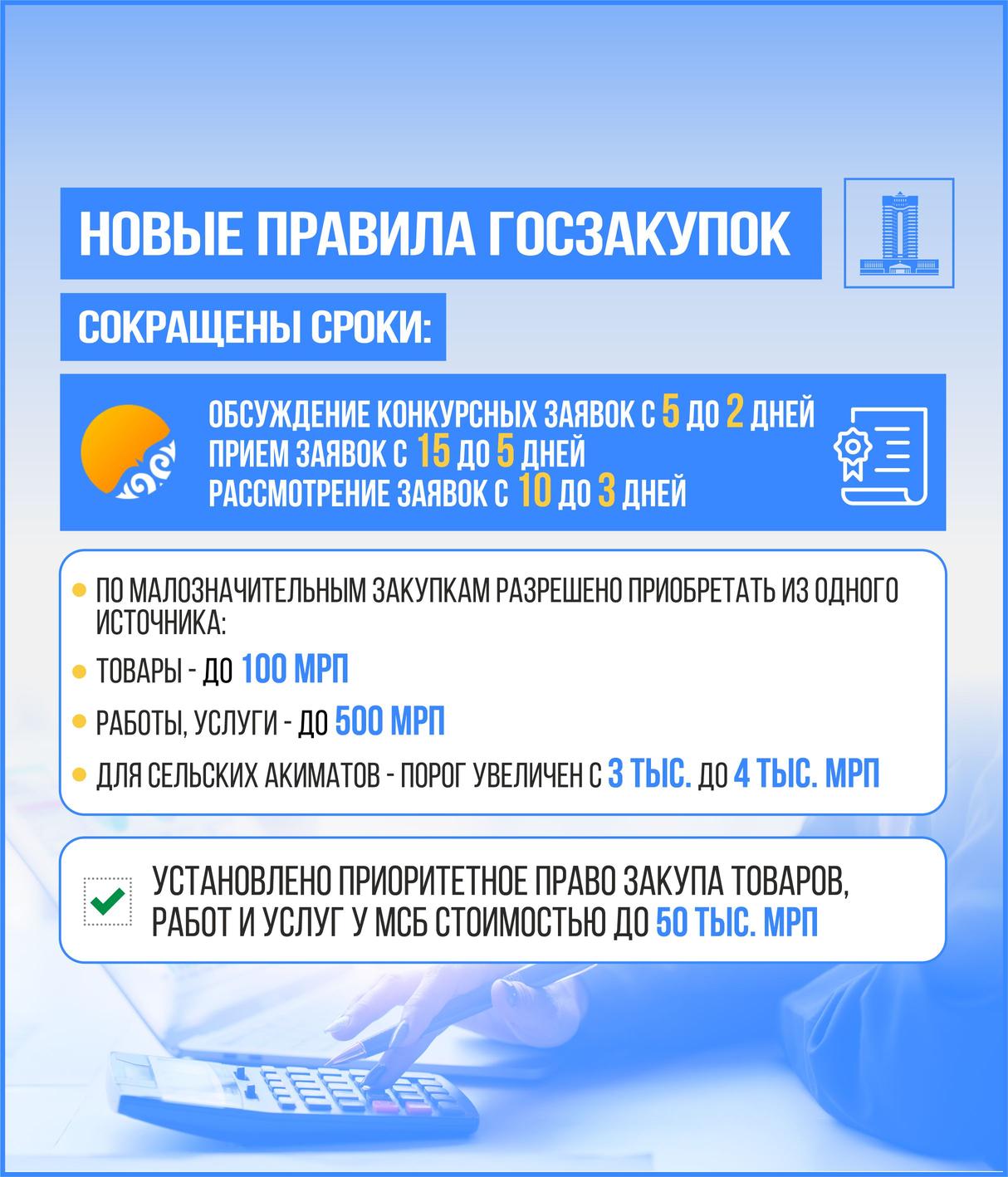9 vehicle checkpoints are being modernized in Kazakhstan
Kazakhstan is currently undergoing a comprehensive modernization of its vehicle checkpoints. To date, a total of 9 border control points along the borders with China, Uzbekistan, and Turkmenistan are being upgraded.
As part of the planned work, an increase in throughput is expected to be up to 6 times a day, on average from 170 to 960 vehicles, as well as a reduction in border crossing time to 30 minutes. The modernization of the 9 checkpoints is scheduled for completion this year.
Additionally, an automated electronic queue system has been implemented at all 10 vehicle border points along the external borders of the Eurasian Economic Union. This system can be accessed through the platform "Qoldau.kz" and via the mobile application "CargoRuqsat".
The implementation of this system has eliminated physical congestion of vehicles along the republican roads and ensured transparency in the transportation process.
Key changes in public procurement starting January 1, 2025
As part of the improvement of the public procurement system, a new Law "On Public Procurement" has been developed in Kazakhstan by order of the President, which will come into effect on January 1, 2025. The document aims to optimize the tendering procedures, enhance the quality of goods, works, and services procured, as well as support domestic producers. Specifically, the changes include:
- reduced timelines for conducting competitions (discussion of tender documentation from 5 to 2 working days; acceptance of applications from 15 to 5 working days; review of applications and summation of results from 10 to 3 working days);
- public monitoring for construction-related works is being implemented. It is planned to make schedules for work execution, reports on contract fulfillment accessible to the public, and engage the community in monitoring contract execution;
- a new procedure for appealing procurement results is being introduced. To ensure prompt procurement and avoid delays, complaints will be reviewed by the procurement organizer;
- for the procurement of minor purchases, the right for single-source procurement has been introduced up to 100 MRP for goods and up to 500 MRP for works and services. For rural akimats, the threshold for single-source purchases has been increased from 3,000 to 4,000 MRP;
- to support small and medium-sized enterprises, priority procurement rights for goods, works, and services not exceeding 50,000 MRP have been established for this category of entities;
- efforts will continue to prioritize the acquisition of goods;
- of domestic production on the web portal by establishing exemptions from the national regime to support the internal market;
- to foster competition and protect businesses, bids from suppliers that are state institutions and entities in the quasi-public sector will be automatically rejected by the web portal when there are at least two bids from suppliers that are private enterprises;
- to enhance non-price criteria and support local suppliers, the calculation of conditional discounts in the form of territorial indicators has been changed (from 1% to 2%) and negative values (from 0.1% to 0.2%).
